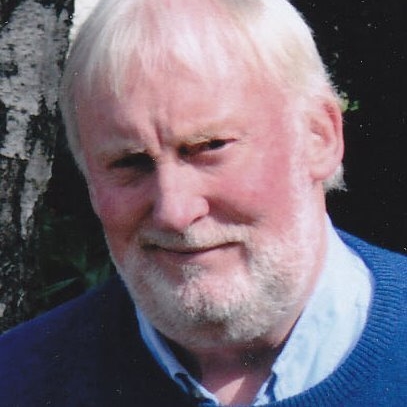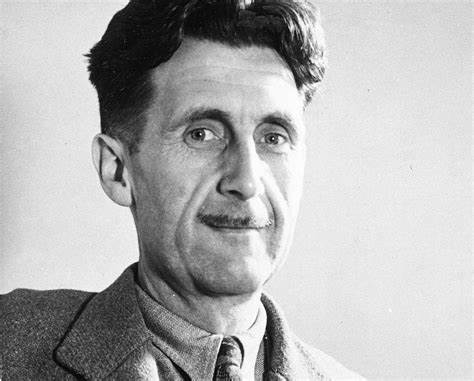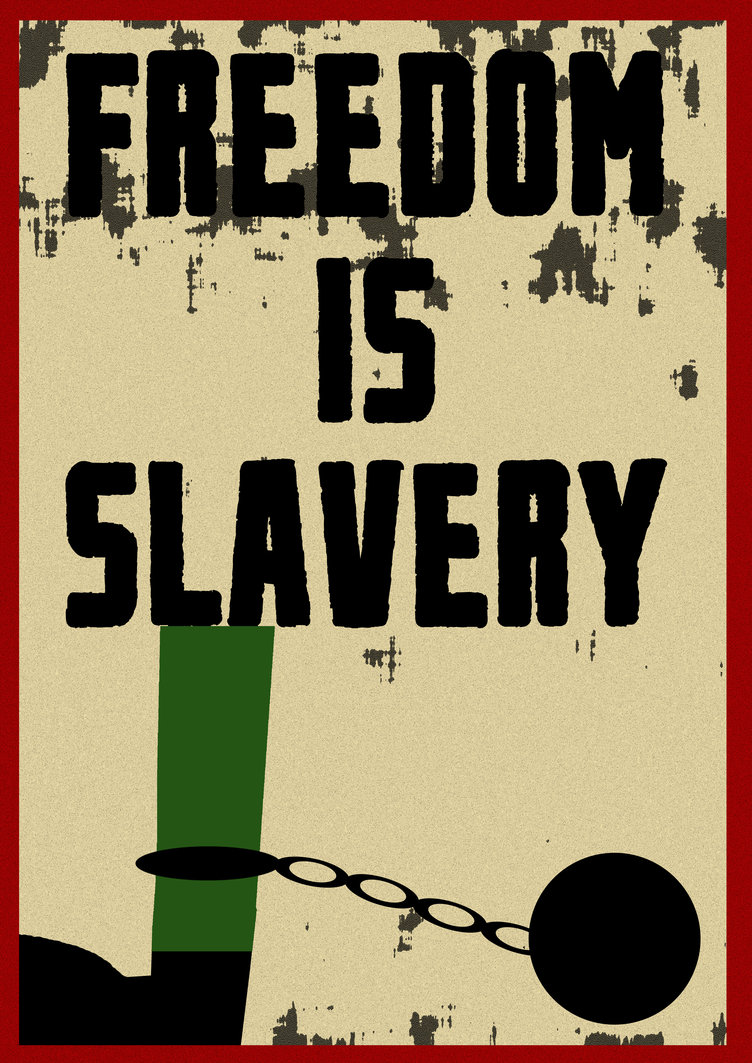 I was fortunate when at school to have an inspirational English teacher who tried to get us all thinking. At least, he was inspirational to me – I know that some of my contemporaries did not find him so, but then that is the reality of life in the classroom for both students and teachers. As for whether his attempts to get me thinking worked, I’ve never been too sure of that, though he certainly opened my mind to the world of literature..
I was fortunate when at school to have an inspirational English teacher who tried to get us all thinking. At least, he was inspirational to me – I know that some of my contemporaries did not find him so, but then that is the reality of life in the classroom for both students and teachers. As for whether his attempts to get me thinking worked, I’ve never been too sure of that, though he certainly opened my mind to the world of literature..
Because of his teaching, I read at that time everything I could by George Orwell, starting with Animal Farm and Nineteen Eighty-Four and carrying on from there to read all of Orwell’s fiction and essays. As a young reader new to serious writing, I remember being struck by two things: firstly, the clarity of his prose and secondly, Orwell’s oft repeated message that language is a key part of our freedom in a civilised society to say what we think, and that any reduction in the subtlety and nuance of language leads to a concomitant reduction in our ability to express subtle and nuanced thoughts.
I suppose the prime example of this is Orwell’s creation of Newspeak in Nineteen Eighty-Four which illustrates how a ruthless state could, in the nightmare world of that novel, reduce the English language to prearranged, staccato-like strips of words, and hence, in the long-term, remove the ability of its citizens to think certain thoughts, or at least to allow them to think only the “correct” ones.
A Newspeak word and an image that has always stuck in my mind from that novel is “duckspeak”, which referred to the utterance by those in power of unthinking strips of words. It is worth quoting Orwell’s own words from the novel:
Relative to our own, the Newspeak vocabulary was tiny, and new ways of reducing it were constantly being devised. Newspeak, indeed, differed from all other languages in that its vocabulary grew smaller instead of larger every year. Each reduction was a gain, since the smaller the area of choice, the smaller the temptation to take thought. Ultimately it was hoped to make articulate speech issue from the larynx without involving the higher brain centres at all. This aim was frankly admitted in the Newspeak word duckspeak, meaning “to quack like a duck”. Like various other words in the B vocabulary, duckspeak was ambivalent in meaning. Provided that the opinions which were quacked out were orthodox ones, it implied nothing but praise, and when the Times referred to one of the orators of the Party as a doubleplusgood duckspeaker it was paying a warm and valued compliment.
Without labouring the point, I am sure you can immediately see parallels in the year 2020 – politicians and opinionated tweeters on the word-limiting platform of Twitter, or political speeches by some of our leaders (not all, fortunately). Then again, as I wrote in this blog last year, there is the general tone of debate on-line and in such settings as First Minister’s Questions in Scotland or in Prime Minister’s questions at Westminster, where thoughtless clapping seals (Scotland) and mindless supportive or angry braying (Westminster) are standard responses to the contemporary linguistic equivalent of duckspeak from our leaders. Surely the same principle applies to aspects of so-called political correctness, as well as the dog-whistle politics of some of the Brexit debate, or some of the “respectful debate” we endured here during the Scottish independence campaign of 2014. Even as I write this, are the thought police (thinkpol) heading my way to weed out such mutinous statements from this blog?
Am I being too negative? Too humourless?
Maybe, but perhaps we need to be vigilant about such things. Some of these thoughts were prompted by discovering recently that an organisation has been established called the Free Speech Union. It is worth following the link to their website to listen to what its founder, Toby Young, has to say. You may find yourself agreeing with him or not about the need for such an organisation. In a sign of our times, Toby Young himself has immediately been described as a “right-wing snowflake” by one publication – a fact which may indicate that free speech is alive and well, after all.
 For myself, I am always concerned that organisations which broadcast their principles so loudly in their title, may in fact end up doing in practice the opposite of what they say. For example, I am instantly suspicious of countries whose Sunday name includes “The People’s Republic of…” or “The Democratic Republic of…”, or from Nineteen Eighty-Four again – the Ministry of Love (Miniluv) enforced loyalty to Big Brother through fear, while the Ministry of Truth {Minitrue) spread propaganda and lies. The title “The Free Speech Union” may perhaps sound to you to be dangerously close to such models.
For myself, I am always concerned that organisations which broadcast their principles so loudly in their title, may in fact end up doing in practice the opposite of what they say. For example, I am instantly suspicious of countries whose Sunday name includes “The People’s Republic of…” or “The Democratic Republic of…”, or from Nineteen Eighty-Four again – the Ministry of Love (Miniluv) enforced loyalty to Big Brother through fear, while the Ministry of Truth {Minitrue) spread propaganda and lies. The title “The Free Speech Union” may perhaps sound to you to be dangerously close to such models.
What about humour? Is that allowed? Whose humour? And who to believe?
As my English teacher years ago might have said to my addled adolescent brain, “At least you’re free to choose, for now. Go home and think about it.”
